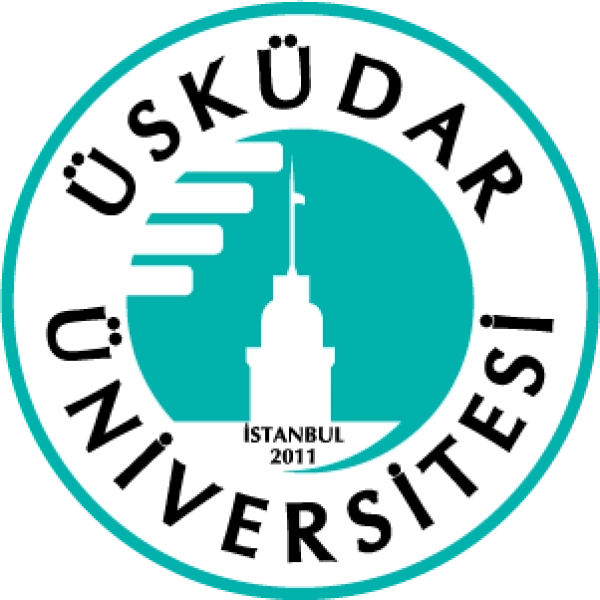College: Institute of Graduate Programs
This specialty focuses on applying biological principles and engineering techniques to develop products and technologies in healthcare, agriculture, and environmental sustainability. Students explore molecular biology, genetic engineering, biochemistry, and bioprocess engineering. The program emphasizes scientific research, technical skills, and the application of biotechnology principles to address real-world challenges. Graduates are prepared to work in biotechnology companies, research institutions, pharmaceuticals, and related industries.
Learning Objectives:
- Understand the basics and applications of biotechnology.
- Develop skills in molecular biology, genetic engineering, and biochemistry.
- Learn biotechnology research and development techniques.
- Explore the role of biotechnology in healthcare, agriculture, and environmental sustainability.
- Understand regulatory standards, ethical considerations, and safety in biotechnology.
- Analyze challenges and opportunities in the biotechnology industry.
- Develop teamwork and problem-solving skills for biotechnological projects.
Main Outline:
- Introduction to Biotechnology
- An overview of biotechnology, its history, and applications.
- Basics of molecular biology, genetic engineering, and biochemistry.
- Molecular Biology
- Principles of molecular biology and techniques for studying genetic material.
- Genetic Engineering
- Fundamentals of genetic engineering and genetic modification techniques.
- Biochemistry
- Principles of biochemistry and techniques for analyzing biochemical processes.
- Bioprocess Engineering
- Fundamentals of bioprocess engineering and techniques for designing biological processes.
- Biotechnology in Healthcare
- Biotechnological applications in healthcare and medical solution techniques.
- Agricultural Biotechnology
- Principles of agricultural biotechnology and techniques for enhancing productivity.
- Environmental Biotechnology
- Basics of environmental biotechnology and techniques to tackle environmental challenges.
- Regulatory Standards and Ethical Considerations
- Understanding regulatory standards, ethical considerations, and safety in biotechnology.
- Emerging Trends in Biotechnology
- Analysis of innovations such as synthetic biology and personalized medicine.
- Capstone Project in Biotechnology
- A real-world project to apply skills learned in biotechnological research or product development.
Assessment Methods:
- Research projects, molecular biology experiments, genetic engineering reports, biochemical analyses, bioprocess design, healthcare biotechnology plans, agricultural biotechnology projects, environmental biotechnology solutions, research papers, group projects, and internships.
Recommended Textbooks:
- "Biotechnology: Principles and Applications" by Jeffrey Glaston and David Lewin.
- "Molecular Biology of the Cell" by Bruce Alberts et al.
- "Genetics: From Genes to Genomes" by Leland Hartwell et al.
- "Biochemistry" by Jeremy M. Berg et al.
Prerequisites:
Basic knowledge of biology, chemistry, and molecular biology. Suitable for students interested in biotechnology, molecular biology, genetic engineering, and related fields.
Program Duration:
Typically 4 years for a bachelor's degree, including coursework, projects, and internships.
Certification:
Graduates may earn a degree in biotechnology and pursue certifications such as Certified Biotechnology Professional (CBP).
Target Audience:
Aspiring biotechnology experts, molecular biologists, genetic engineers, biochemists, and researchers seeking specialization in biotechnology.
This program equips students with the necessary skills to excel in biotechnology, supporting advances in healthcare, agriculture, and environmental sustainability.



